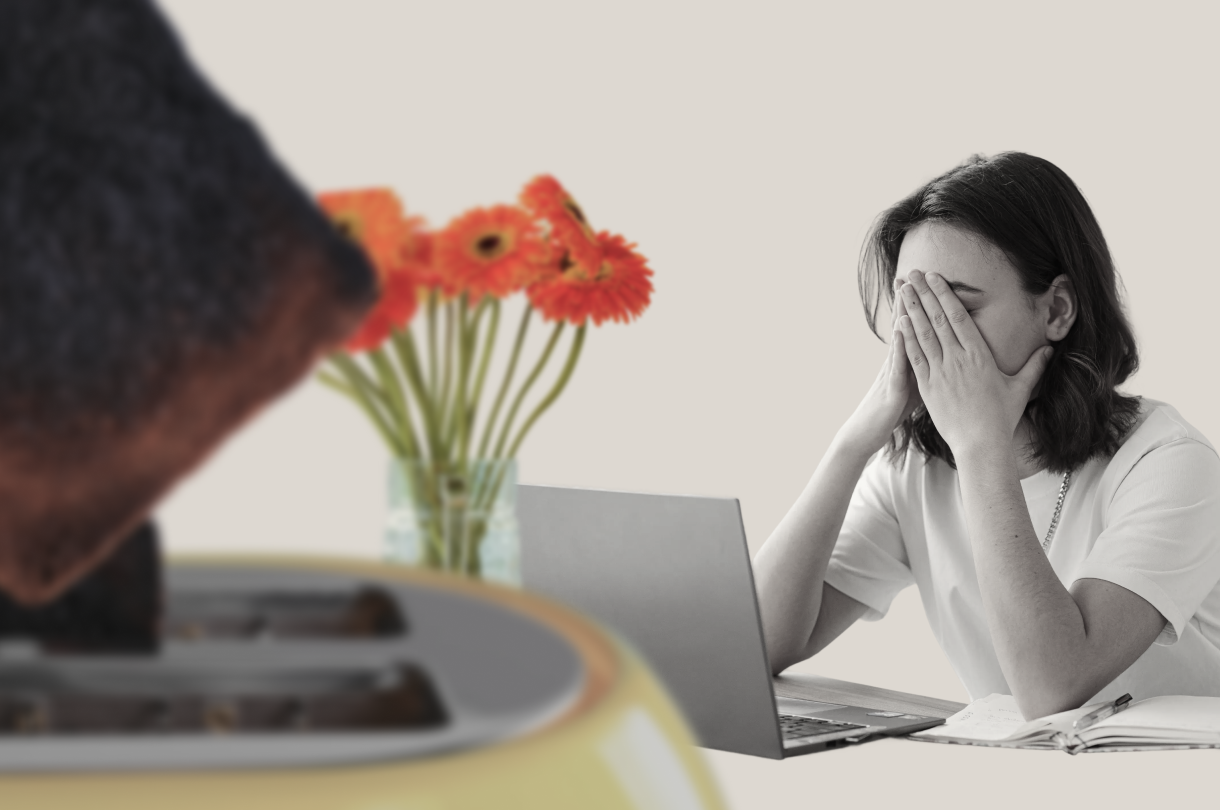When you think of mental health resources that would benefit employees, do you imagine a doctor’s office, or perhaps a long vacation? While some employees' mental well-being may benefit from a visit with a psychiatrist or time off of work, there are numerous ways to offer behavioral health resources to employees. Most of these resources are much easier to coordinate and more accessible than you might think.
Here are six mental health resources to consider offering your team members:
1. Mental health benefits
While it may sound obvious, offering your employees a straightforward mental health care plan that provides low (or preferably, no) out-of-pocket costs for therapeutic counseling and medication is a crucial resource. The trick comes in making sure employees understand the benefits available to them. While many organizations have mental health care plans in place, sometimes the communication about the specifics of the plan to the workforce is more opaque than it should be.
Much of this vagueness comes down to a fear of stigma. HR professionals are afraid to articulate the specifics of the plan because they don’t want to make anyone self-conscious, and employees are afraid to ask for details because they feel shame about symptoms they may be experiencing.
The best course of action is for HR professionals to initiate the conversation about the specifics of the mental health plan in a group setting. No employee needs to worry about being singled out. Once the employees are aware of their options, it becomes much easier for them to seek the care they need without fear or shame.
2. Self-assessments
When you experience a new physical symptom, whether it’s an aching muscle or a rash, your first impulse may be to perform a quick internet search to find out what the symptom means. Depending on what your research turns up, you may decide to schedule an appointment with a doctor.
This impulse is often the same for mental health symptoms. Unfortunately, because each person is unique, an internet search for a mental health symptom is likely to be vague and misinformed.
Instead of undertaking a fruitless or misleading internet search, employees can take a clinically-validated self-assessment, often offered as part of their mental healthcare benefits. Such self-assessments can take different forms, from a multiple choice test to an image-based survey. By making the self-assessments widely available—and clinically validated for accuracy and efficacy—employees can perform periodic self check-ins and maintain their mental wellness.
3. Distributed awareness materials
Whether it takes the form of sending out regular emails or flyers, frequent reminders of what constitutes a healthy mental outlook versus an unhealthy one are an invaluable resource. Normalizing the discussion of mental health and making it clear that the company offers a variety of resources encourages employees to seek the help they need before their symptoms become worse.
It’s helpful to occasionally tie these reminders to outside events, such as World Mental Health Day. By highlighting that mental health is a global concern, employees will feel like they are part of a much larger community.
4. Mindfulness sessions
It’s common for companies to encourage employees to gather for after-work drinks as a way to blow off steam and foster rapport among coworkers. However, more companies are seeing the value in hosting on-site mindfulness sessions as a mental health resource. Mindfulness encourages employees to learn how to recognize and regulate their responses to stimuli in both their personal and professional lives.
Although a cocktail after work with coworkers can be a temporary relief, mindfulness encourages employees to manage their stress by breaking harmful thought patterns, which can become a long-term helpful practice.
Other activities, such as a regular guided meditation session or seminars addressing specific mental health issues, can also provide much needed support to your employees. Having a regular forum that encourages everyone to focus on their mental well-being functions as a kind of exercise regimen for the brain. Much as physical fitness relies on a balanced diet and exercise, mental fitness requires routine maintenance. Meditation sessions can help employees improve their focus while reducing their anxiety, which leads to a much more productive workforce overall.
5. Relaxation spaces
COVID-19 has upended traditional office spaces, with many employees still working from home. However, whether you’re working in an office tower or at a corner of your kitchen table, we all benefit from creating dedicated relaxation spaces. These spaces should be free of work-related objects and preferably as comfortable as possible.
In some offices, there are mezzanines with landscaping, a fountain, and plush couches: in the home, a spare bedroom, a small alcove in a hallway, or even a closet may work. Whatever the dimensions of the space, it should be a place where a team member can retreat from work, breathe deeply, and regain mental clarity.
For those employees who are struggling to work from home, HR professionals can suggest that they create a relaxation space of their own. By learning to treat certain parts of their home as an office and other parts as a relaxation space, employees can experience a dramatic reduction in their stress levels.
6. Mental health app
Perhaps the easiest and best mental health resource takes the form of a clinically-validated mental health app. With the tap of a button, employees can relay what they are feeling or experiencing, such as anxiety or sleeping problems, and the app (like Spring Health’s Moments app) takes them through a series of exercises to help restore balance and calm.
This resource combines the tailored approach of a self-assessment with the sourced medical expertise of a network of physicians. These cognitive behavioral therapy techniques have been developed through peer-reviewed science. In essence, the app functions as a kind of mobile care provider, helping employees get immediate relief from common work-related stress symptoms. The app can also help employees monitor their moods and seek other treatment options depending on their symptoms.
Having a phone-based app also makes it exceedingly easy for employees to access help. No matter where they are working or what they are doing, it’s highly likely they will have access to their phone.
Just as every employee is unique, every workplace has its own specific needs. Luckily, creating a supportive environment that not only meets but helps anticipate the needs of your workforce doesn’t have to be a challenge. Spring Health's tailored programs and responsive, accessible technology makes us a global leader in mental health solutions for the workplace. Whether you’re curious about our clinically validated app or our comprehensive behavioral health plans, contact us to learn more about what Spring Health offers.










.png)





.png)
.png)
.png)



















